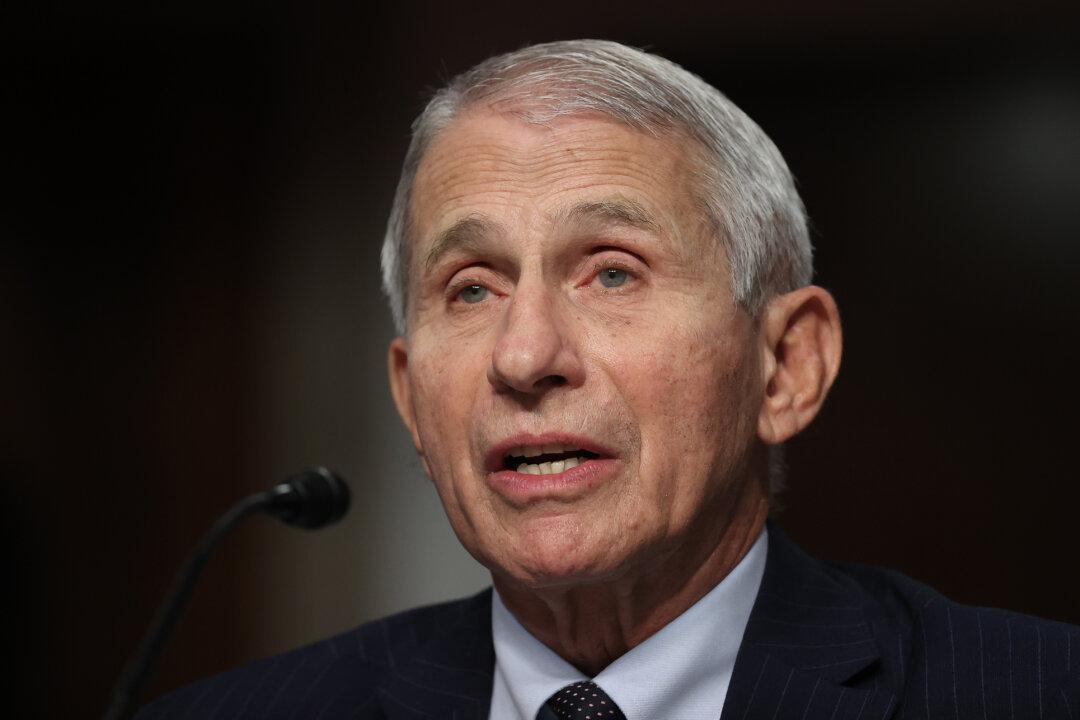White House pandemic adviser Dr. Anthony Fauci on Sunday said that despite his recent comments, currently two doses of the Pfizer and Moderna COVID-19 vaccines, or one dose of the Johnson & Johnson vaccine, provide full vaccination.
Several days ago, Fauci said that the definition of what it means to be fully vaccinated will likely change to include a booster shot, telling CNN: “It’s going to be a matter of when, not if.”





